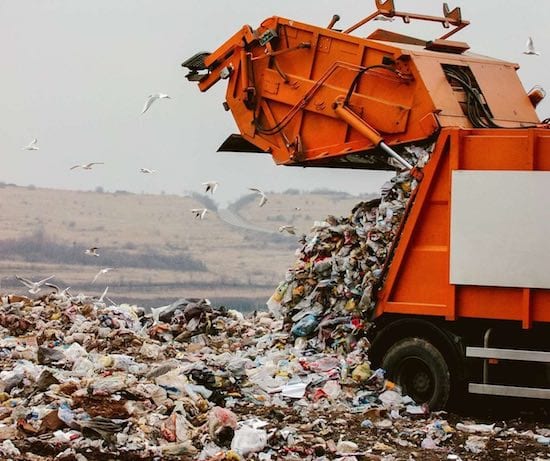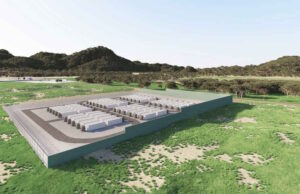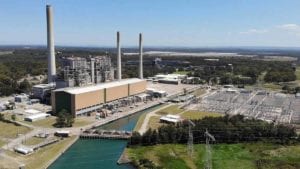Australia’s rapidly growing uptake of electric vehicles and home energy storage could help deliver a lithium-ion battery recycling industry worth upwards of $3 billion a year by the mid-2030s, a new report has forecast.
The CSIRO report” ‘Lithium battery recycling in Australia’, says the nation could lead the world in the re-use and recycling of lithium-ion batteries, addressing a source of waste that is growing by 20 per cent each year.
Not only would this deliver generate a new jobs, and deliver economic growth, but the report notes that establishing a lithium-ion battery recycling industry in Australia could also stabilise global lithium supplies to meet booming consumer demand – particularly for electric vehicles and battery energy storage.
Currently, however, only 2 per cent of Australia’s annual 3,300 tonnes of lithium-ion battery waste is recycled, and with waste levels projected to grow to more than 100,000 tonnes by 2036, we risk missing a major economic opportunity, while creating a number of serious environmental problems.
“Given Australia’s historically poor LIB collection, combined with offshore recycling and landfilling of this waste, this constitutes an economic loss to the Australian economy due to the estimated potential recoverable value of between $A813 million and $A3 billion, based on current day commodity prices,” the report says.
The majority of Australia’s battery waste is shipped overseas, and the growing amount of li-ion waste that remains left in landfill is leading to potential fires and environmental contamination, the report says.
“As a world leader in the adoption of solar and battery systems, we must responsibly manage our use of lithium-ion technology in support of our clean energy future,” said CSIRO battery research leader Dr Anand Bhatt, in comments on Tuesday.
“The value for Australia is three-fold. We can draw additional value from existing materials, minimise impact on our environment, and also catalyse a new industry in lithium-ion re-use/recycling.”
Dr Bhatt and his team are working with industry to develop processes that can support the transition to domestic recycling of lithium-ion batteries.
According to its research, the CSIRO estimates that if recycled, 95 per cent of li-ion battery components can be turned into new batteries or used in other industries – and it’s not just the recovered lithium that is of value.
The report noted that a key economic driver for li-ion recycling is the recovery value of cobalt, which is used in the batteries’ cathodes.
Both lithium and cobalt have been ranked by Geosciences Australia as critical, the report notes, in terms of strategic resource potential and opportunity for Australia to supply resources to meet the global demand for technology.
The high criticality of cobalt is linked to the fact that 50 per cent of world production is from the Democratic Republic of Congo, where there are serious concerns around the armed conflict, illegal mining, human rights abuses and environmental issues.
Other primary materials with the potential to be recovered and reused in either new products or new lithium-ion batteries include base and other metals (copper, zinc, nickel, iron and aluminium), plastics, electrolyte materials and technical materials such as graphite.
“The development of processes to effectively and efficiently recycle these batteries can generate a new industry in Australia. Further, effective recycling of lithium batteries can offset the current concerns around lithium security,” Dr Bhatt said.
As with similar reports that have put a value on the huge potential for a lithium-ion mining and processing industry in Australia, the CSIRO report finds that the establishment of a lithium-ion recycling industry would require close cooperation between research, government and industry.
“As evidenced by international examples, policy levers have the potential to radically change the nature of how Australia deals with end-of-life batteries,” the report says.
“For example, policy to support greater adoption of EV, the provision of incentives for EV purchase, the removal of import taxes or installation of widespread EV infrastructure, would have a significant boost to the adoption of EV in Australia.
“This would in turn increase the stock and security of second-life and end-of-life EV batteries that would require recycling and resource recovery.”
CSIRO, meanwhile, is supporting recycling efforts, with research underway on processes for recovery of metals and materials, development of new battery materials, and support for the circular economy around battery reuse and recycling.
“The Australian research community, in partnership with industry and governments can play a role in realising this opportunity and catalysing a new industry which in turn creates new jobs for Australia,” the report says.












